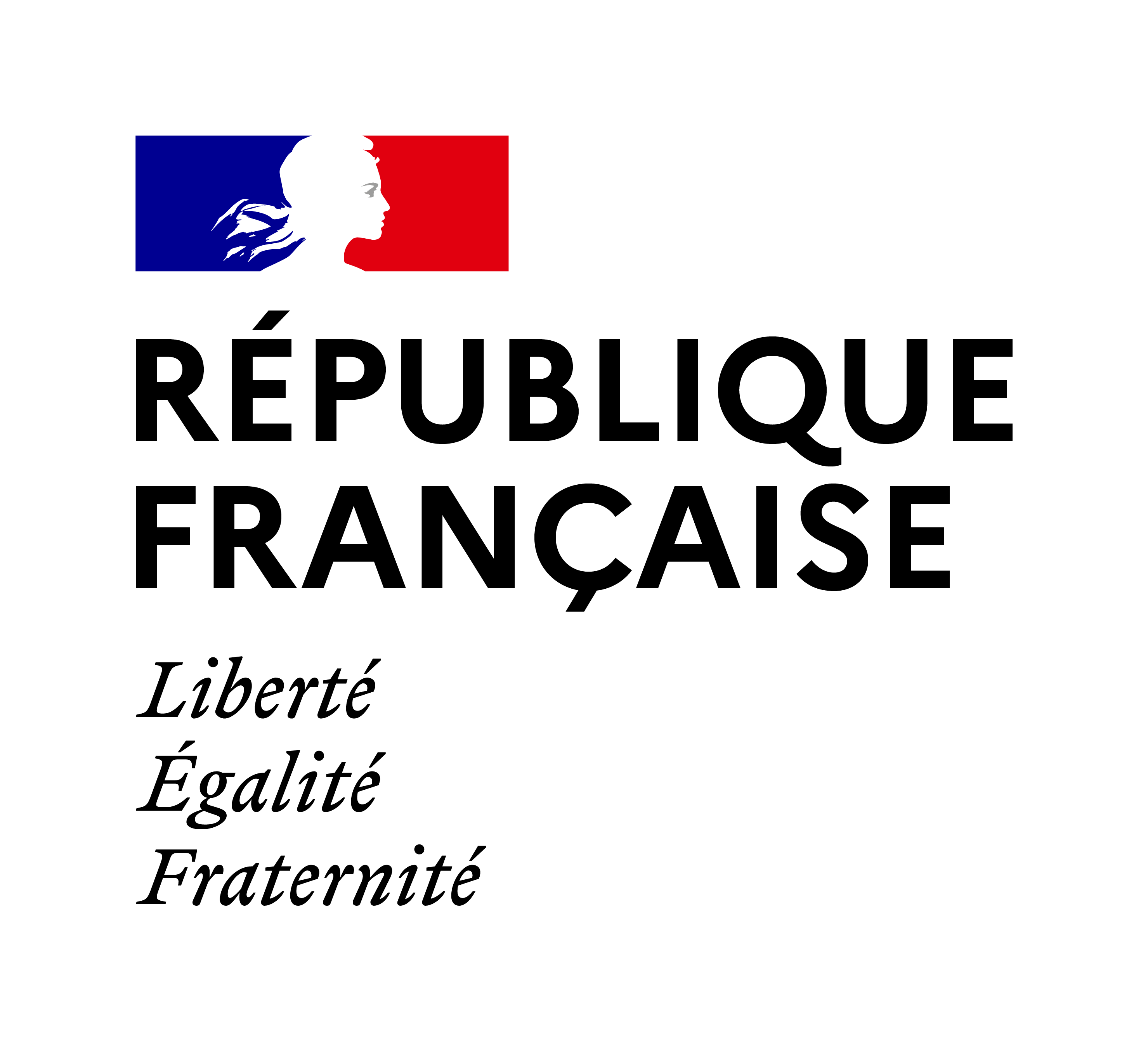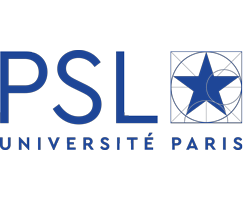Doctoral program
General principle:
The training to be provided as part of a PhD student's academic career is designed to ensure better integration into the workplace, and in the IT field, where the employment situation is favorable, the objective of open-mindedness is a key one. This obligatory training program (it is a prerequisite for the PhD defense) has a volume of 9 ECTS corresponding to 90 hours of training. This training is divided into:
- 3 ECTS (approximately 30 hours) of "professionalizing" training,
- 3 ECTS (approximately 30 hours) of scientific training, and
- and 3 ECTS at free choice among the preceding ones.
The training catalog is available at https://www.adum.fr/UCA/formations
The doctoral school ED STIC recognizes all the doctoral programs offered by UCA, PSL, MINES ParisTech, INRIA, CNRS, etc. However, if you are not a member of one of these institutions, you must apply to them first.
Some specific cases:
- The professional training program for Doctorants Contractuels Chargés d'Enseignement (DCME) requires them to follow a pedagogical training course of approximately 30 hours (depending on the modules offered each year) instead of the corresponding 3 ECTS. These courses can be accessed via the ADUM online catalogue, under the heading "Enseignement et Pédagogie", then select the modules indicated as "Parcours DCME".
- Upon request, CIFRE doctoral students can be exempted from professional training courses, since they are already in close contact with the private sector.
- If you feel that your situation warrants a special case, for example if your thesis is under cotutelle, please contact the ED STIC secretary or the director as soon as possible.
Professional training:
Please refer to your ADUM account for more information.
In addition to these training courses, we offer the following:
- The course "Dépôt des thèses électroniques" (2h30) offered by the BU is compulsory. It must be taken during the third year of the thesis.
- Training in ethics and scientific integrity is also mandatory. UniCA provides regular training on these topics.
- Training in Open Science is also mandatory. UniCA offers regular training courses on these topics.
- Missions de culture scientifique for all doctoral students and especially for those funded by the PACA region.
Some specific cases:
- Active organizers of forums and associations of general academic interest can receive up to 3 ECTS upon request.
- Student association board members (AD STIC / ADAMS ...).
- Organizers of scientific events such as Brain Week.
- International PhD students with limited proficiency in French may, for example, contact the Service Commun en langues (SCL). However, it is recommended to obtain prior authorization from the Doctoral School to include these courses in the training program.
Scientific training (referred to as "disciplinary, specialty, or cross-disciplinary"):
Many types of training are recognized within this framework. The basic principle is that they must provide a broad scientific perspective, so training related to the topic of the dissertation will not be considered. Outside of this restriction, use your imagination!
These include:
- Master's courses that are not related to your current specialization or the specific field of your dissertation.
- EUR DS4H minors, which are additional courses that allow you to broaden your vision and skills beyond your specialty discipline, see here.
- Quality MOOCs (certified, for example, by the thesis supervisor) can be recognized with prior authorization from the ED (MOOCs listed in the ADUM catalog are exempt from this pre-authorization). The number of recognized hours will be determined by the Doctoral School.
- Thematic schools (the ED STIC supports some of these schools, which offer advantageous rates; please indicate that you come from the ED STIC when registering). Please take a look at the EUR DS4H program, which offers financial support to doctoral students to enable them to participate in a spring, summer, fall, or winter school.
- Scientific seminars organized by the AD STIC (significant bonus for graduate student speakers).
- Seminars and training courses for researchers outside the thesis specialization (in particular the Morgenstern Colloquium).
- Active organization of scientific events of general academic interest (consult the ED STIC management beforehand).
- etc.
Quantitative principles:
- Type 1 Training: Theme Schools (Spring, Summer, etc.)
The number of hours of training is generally taken into account (10 hours equals approximately 1 ECTS). - Type 2 Training : colloquium, workshops, theme days, seminars (except those organized by the doctoral student's own team) - conditional on attendance of about ten hours (doctoral students must bring their certificates or signatures to the secretariat).
Number of ECTS : 1- Participation in the Colloquium Morgenstern is worth 1 ECTS for 4 colloquium sessions.
- Participation in the "Académie Forum Numerica" is counted at the rate of 1 ECTS for 4 seminars.
- Conferences or workshops related to the dissertation, or those in which the doctoral candidate himself/herself presents, are not recognized.
- Type 3 Training: Master's level training outside your original course (you don't need to sit exams, just provide proof of course attendance)
Number of ECTS : those of the course- For Licence-level courses (other than in the IT field), you have to ask for a derogation.
- Exceptionally, Master's or Bachelor's courses outside the IT field that are part of a multidisciplinary thesis will be recognized.
- Type 4 Training: Specific one-day courses offered by the ED or its partners.
Number of credit hours: those of the courses - Type 5 Training: scientific events offered by AD STIC are worth 0.5 ECTS for participation in 5 scientific events.
Number of ECTS : 0.5
In the ADUM course list (UCA and PSL), enter the courses you have taken each year until your graduation.
Since 2020: Validation of 1 ECTS of scientific training for international mobility
EDSTIC can recognize up to 1 ECTS of scientific training for international mobility of at least one month.
Who can apply?
Any doctoral student who is undertaking an international mobility program of at least one month, with the exception of doctoral students on a cotutelle program and those whose mobility is during a césure year (doctoral leave).
How to apply?
Doctoral students benefiting from the EUR DS4H DocWalker program: attach the acceptance email from EUR and the document describing the exchange project sent to EUR.
For doctoral students participating in another international mobility program, the doctoral student must request validation before departure by filling out the attached document and returning it to the Doctoral School secretariat along with the attachments (CV and letter of agreement from the foreign host laboratory).
The doctoral student commits to give a seminar on his/her experience upon return.




